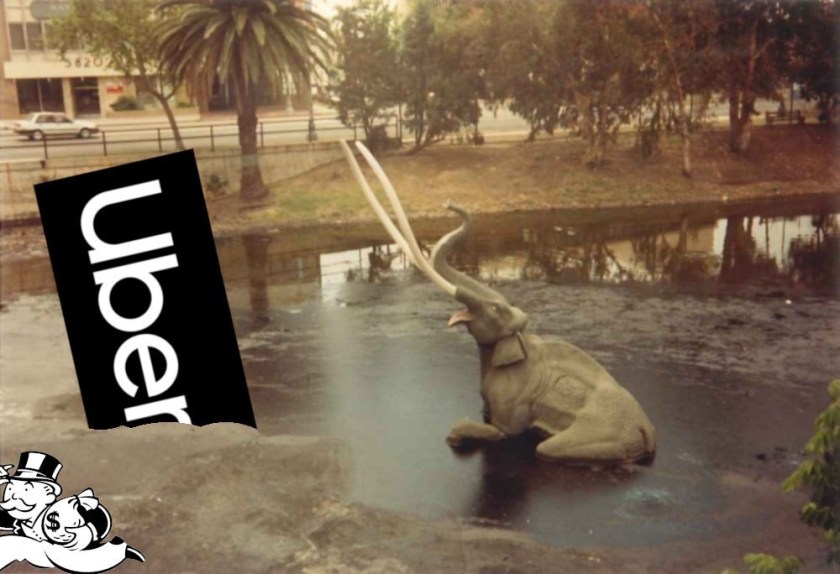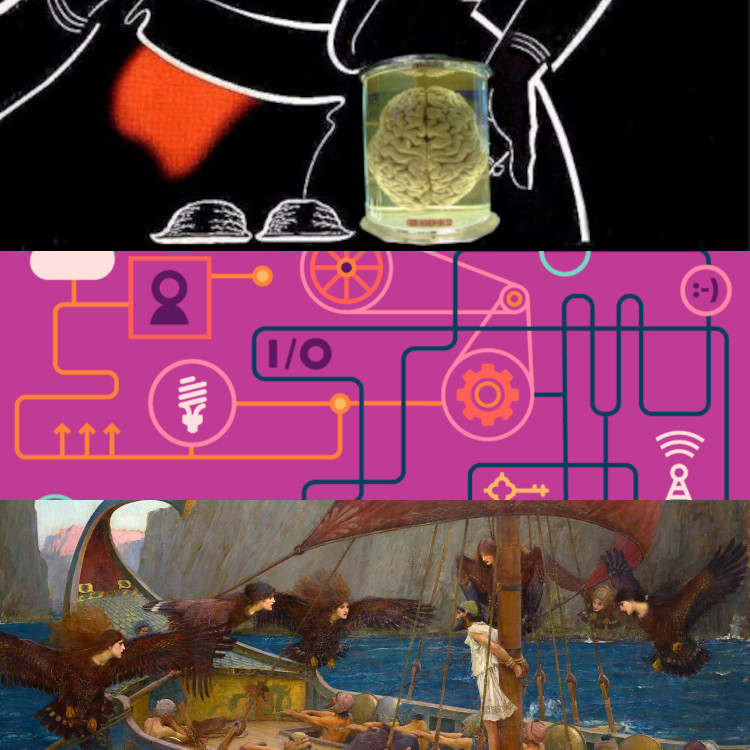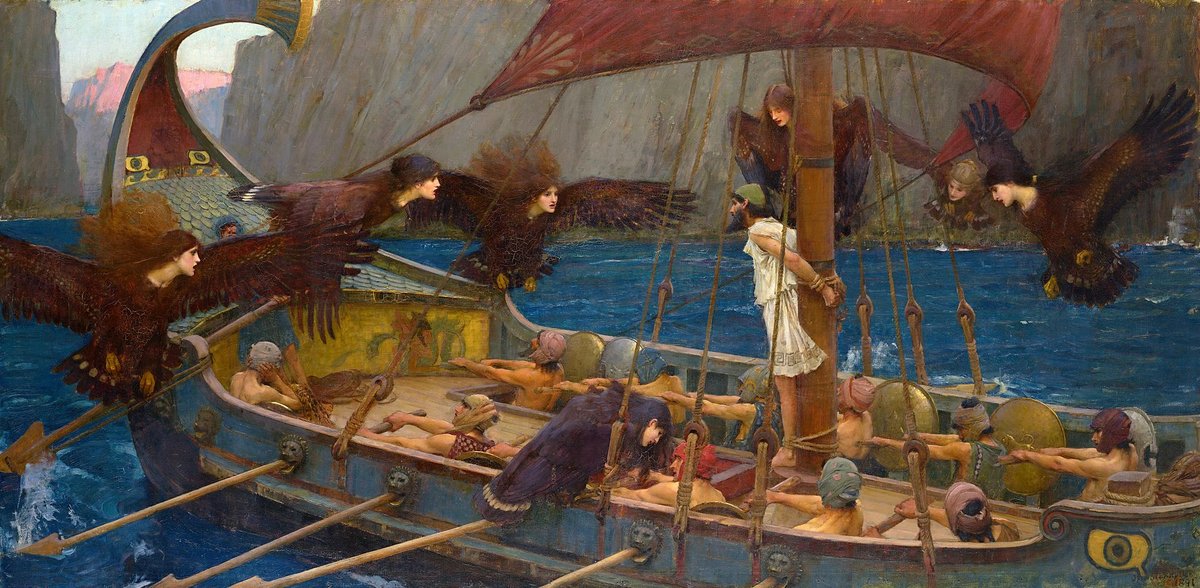
Be My Valentine, Charlie Brown (1975) gameraboy1.tumblr.com/post/643096601…
Be My Valentine, Charlie Brown (1975) gameraboy1.tumblr.com/post/643096601…
Be My Valentine, Charlie Brown (1975) gameraboy1.tumblr.com/post/643096601…
Be My Valentine, Charlie Brown (1975) gameraboy1.tumblr.com/post/643096601…
Be My Valentine, Charlie Brown (1975) gameraboy1.tumblr.com/post/643096601…
Be My Valentine, Charlie Brown (1975) gameraboy1.tumblr.com/post/643096601…
Be My Valentine, Charlie Brown (1975) gameraboy1.tumblr.com/post/643096601…
• • •
Missing some Tweet in this thread? You can try to
force a refresh









